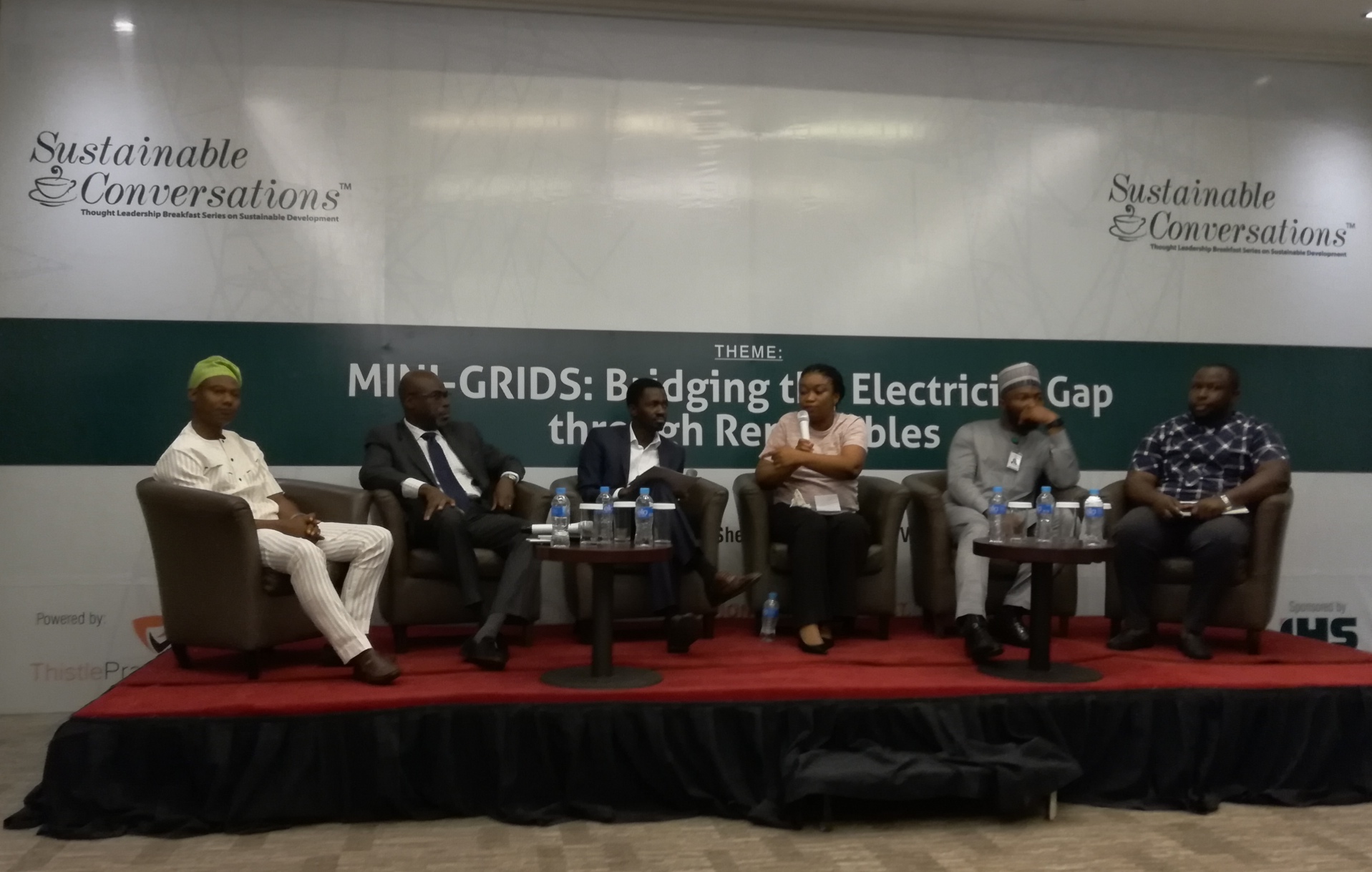“Renewables are a central pillar of SDG7 and they represent one of the most effective and economical means available in the pursuit of universal energy access” – Rabia Ferroukhi, Deputy Director of Knowledge Policy and Finance, International Renewable Energy Agency.
Nations both developed and underdeveloped are coming to the realisation that modern energy is key to attaining a good number of development goals especially as it pertains to environmental sustainability, the delivery of public services and poverty eradication. The obvious linkages between reliable and affordable electricity to quality of life, access to health, education, etc. and the inherent transformations it brings to any society contribute directly to the SDGs and have the potential to lift communities and nations out of poverty.
Bridging the Electricity Gap in Nigeria
Nigeria’s energy supply has been a major source of concern among various stakeholders, underpinning the need for a thriving economic climate that will attract local entrepreneurs, the international private sector, as well as financing institutions.
As part of the solutions in bridging the electricity gap in Nigeria, especially in the rural communities where the lack of electricity affects the quality of life of the citizens, the Nigerian Electricity Regulatory Commission (NERC) in 2016 released a new Mini Grid Regulation. The regulation aims at governing the development of integrated electricity generation and distribution supply systems of under 1MW either in isolation from the Distribution Companies (Discos) or interconnected to the Discos’ existing network infrastructure.
Through this, private sector actors can generate as high as under 1MW of electricity for localised groups of customers across Nigeria. Studies reveal that mini-grid systems often incorporate a 75-99% renewable supply.
Creating Opportunities in the Nigerian Market
Of the 7,000 megawatts of electricity produced in the country, only about 5,000 megawatts is currently being used on the grids leaving about 2,000 unused megawatts of power.
From the foregoing, the discussions at the Sustainable Conversations which held on Friday, September 21, 2018 at Four Points by Sheraton, Victoria Island, Lagos, addressed the obvious gaps in developing the renewable energy sector in Nigeria. It unravelled the obstacles to private sector investments in mini-grids and ultimately addressed the concerns of the civil society in taking advantage of renewable sources of energy. The conversations around the topic highlighted the practical ways in which mini-grid power options can become a more affordable alternative for both investors and consumers in terms of regulations, cost and prospective funding.
This proves the extent of the successes that can be achieved when concerned interest groups work together to meet set goals and drive growth in affected sectors.
http://sustainableconvos.com/mini-grids-bridging-the-electricity-gap-through-renewables/

